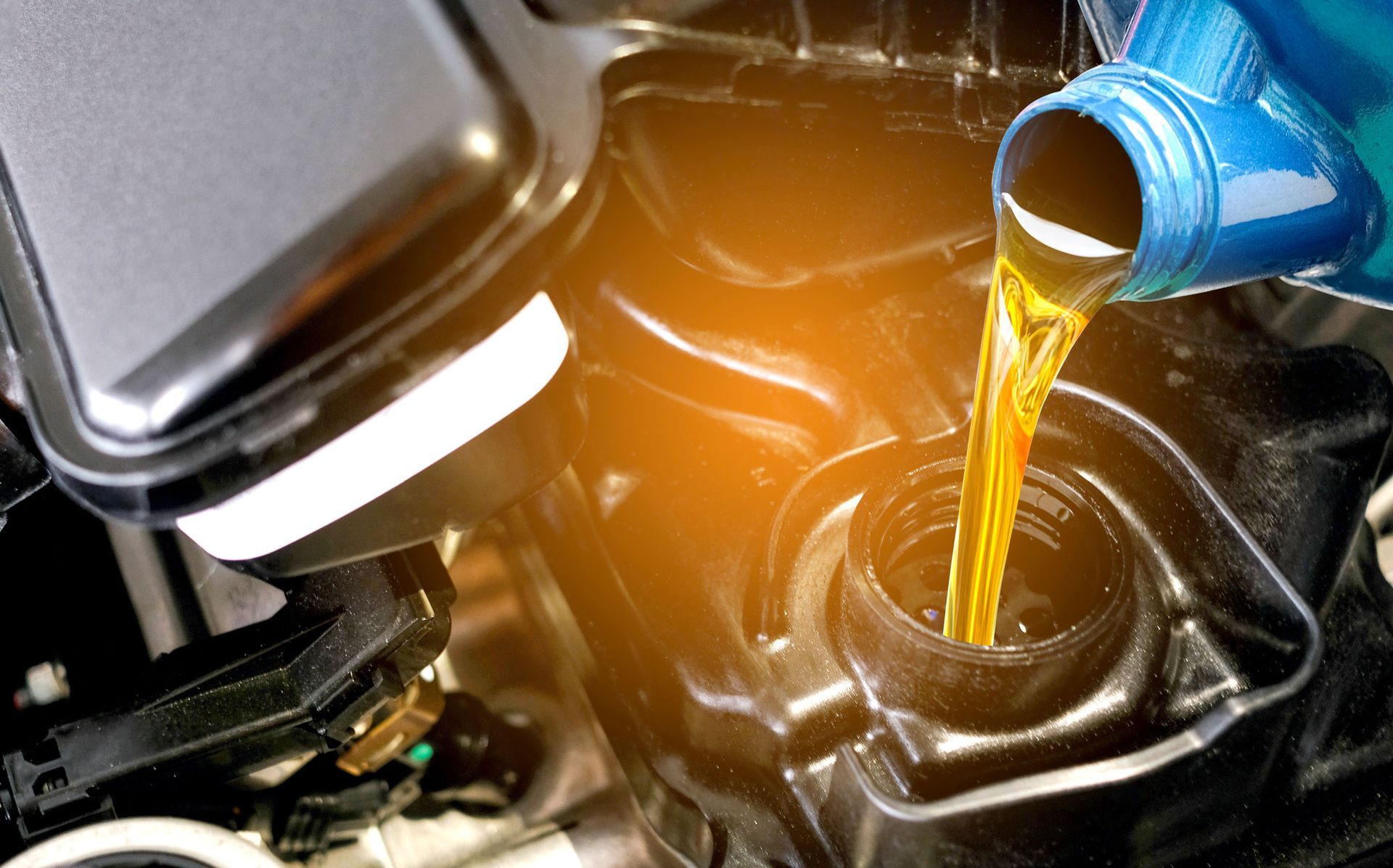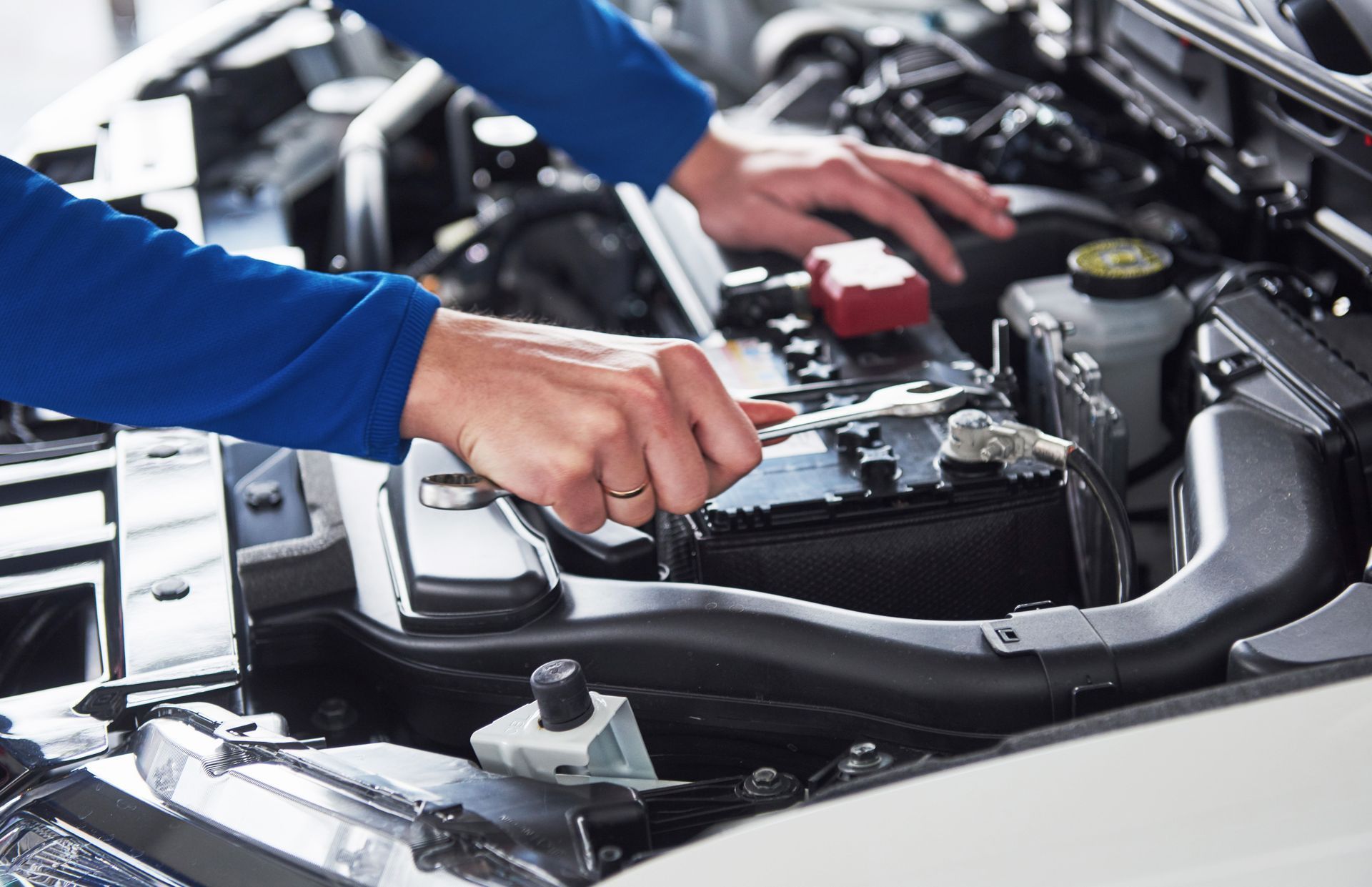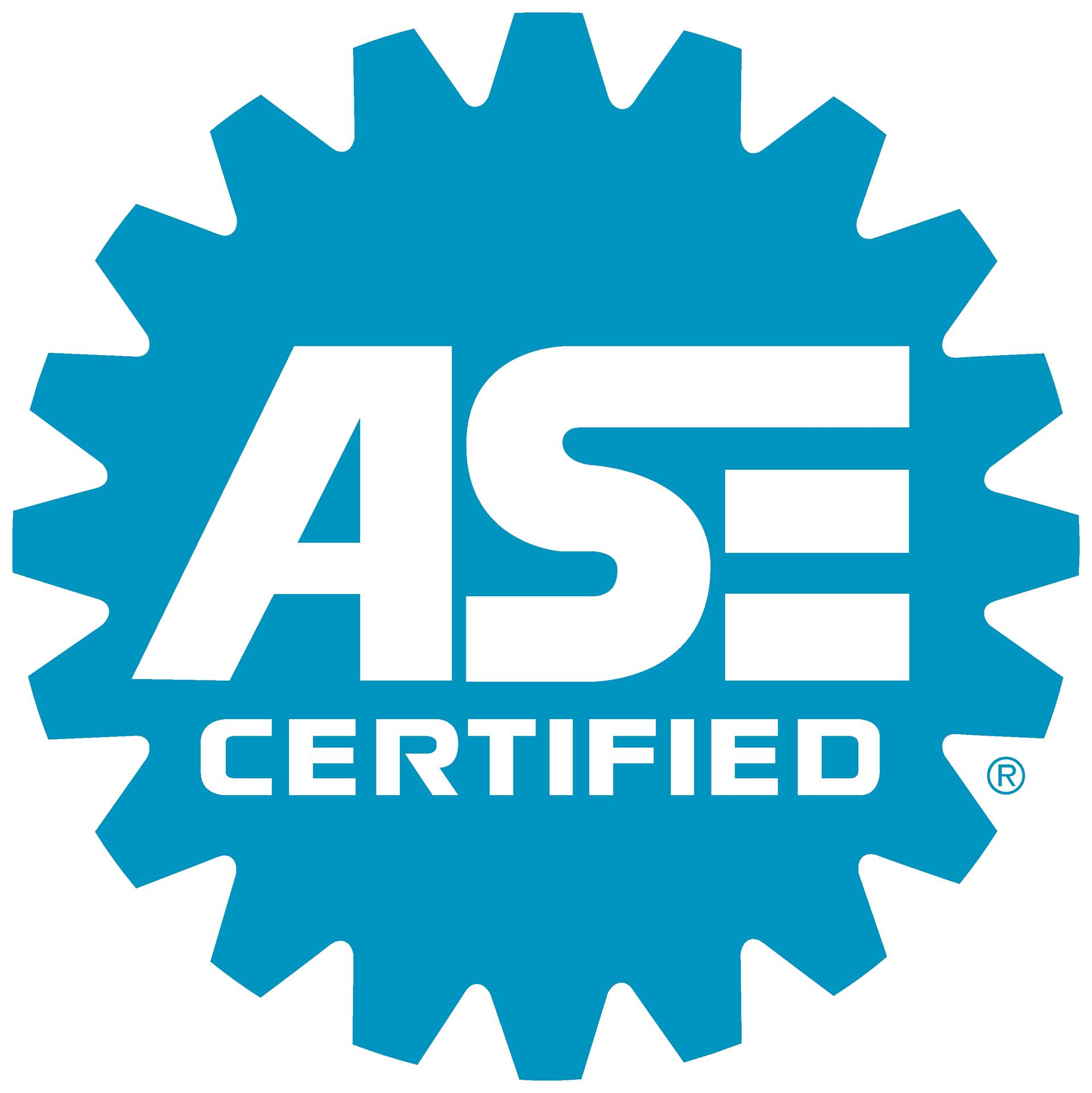September 15, 2025
This article highlights why regular oil changes are vital for protecting your vehicle’s health and performance. With insights from a trusted local auto repair perspective, it explains the factors that influence how often oil should be changed, such as driving habits, vehicle type, and oil quality. Understanding the role of engine oil and the effects of its condition helps drivers make informed decisions about maintenance. By exploring these elements, you can take proactive steps to extend the life and efficiency of your car.
Understanding the Importance of Oil Changes
Engine oil is critical to the health of your vehicle, serving as the lifeblood that ensures all moving parts are properly lubricated. It reduces friction, which can lead to wear and tear over time. In addition, engine oil helps clean the engine by carrying away debris and dirt particles. By maintaining the cleanliness of engine oil, you help prevent the build-up of harmful residues. Therefore, a regular oil change ensures the engine performs efficiently and remains in good health for an extended period.
Without regular oil changes, your engine faces increased friction and overheating, which can cause serious damage over time. As oil breaks down, it loses viscosity and its ability to properly lubricate moving parts, raising the risk of premature wear. A trusted local auto repair shop can help you stay on top of timely oil changes, ensuring your engine is protected and running efficiently. By maintaining this simple preventive measure, you can extend engine life, avoid costly repairs, and save money in the long run.
Engine oil also plays a significant role in cooling the engine by reducing friction and carrying heat away from critical areas. This is especially important for preventing engine components from warping or melting due to heat. Regular oil changes help ensure that your vehicle operates at a consistent temperature. By maintaining optimal engine temperature, you improve your vehicle's overall performance and efficiency. Consequently, understanding the role of engine oil underscores the importance of an appropriate oil change regimen.
Avoiding Engine Wear and Tear
Consistent oil changes are one of the most effective ways to prevent wear and tear on your engine. Since engine components are always under stress, fresh oil provides the protective barrier needed to reduce metal-to-metal contact. A reliable local auto repair shop can ensure your oil is changed on time, keeping your engine properly protected. When oil becomes dirty or degraded, it loses this ability, making timely service essential to avoid unnecessary damage.
As engine oil ages, it becomes contaminated with dirt, metal filings, and other impurities. This contamination diminishes its lubrication quality and can lead to abrasive wear on the engine components. Over time, this wear can compromise engine performance and efficiency, manifesting as reduced power or fuel economy. Regular oil changes help avert this scenario by keeping the lubricant fresh and effective.
Moreover, regular oil changes help to identify potential issues before they become major problems. During an oil change, a technician might detect leaks or other signs of engine trouble that could lead to larger failures if not addressed. Addressing these issues early can prevent further engine wear and extensive repairs. By maintaining your vehicle's oil, you remain proactive in the upkeep of your car.
Enhancing Fuel Efficiency
Fuel efficiency is a major concern for vehicle owners seeking cost-effective and environmentally friendly operation. Clean engine oil contributes to improved fuel efficiency by ensuring that the engine runs smoothly and without obstruction. Oil that is thick or dirty can cause the engine to work harder, burning more fuel in the process. Regular oil changes ensure that your engine lubricant remains in optimal condition, leading to a more efficient combustion process.
Routine maintenance, particularly oil changes, directly impacts your vehicle's miles per gallon (MPG). According to the American Automobile Association (AAA), you should undergo an oil change every 5,000 to 7,500 miles. This interval provides a balance that helps drivers optimize fuel consumption while keeping their engines in peak condition. By following such guidelines, you can maximize your vehicle's efficiency and conserve fuel.
Clean engine oil not only boosts performance but also plays a key role in maintaining proper emissions standards. An efficient engine produces fewer emissions, which benefits both your vehicle and the environment. Dirty or degraded oil, however, can lead to incomplete combustion and increased harmful pollutants. By relying on a trusted local auto repair shop for regular oil changes, you support cleaner engine operation and contribute to a safer environment.
Maintaining Engine Temperature Regulation
Engine oil plays a pivotal role in temperature regulation, which is crucial for the vehicle's longevity and performance. By absorbing heat from the engine components, oil helps maintain consistent operating temperatures. Regular oil changes ensure that the engine oil remains effective in its properties, including heat absorption. Overused oil can lose its cooling properties, leading to increased engine temperatures and possible overheating.
Overheating can cause significant damage to metal and rubber parts within the engine, potentially leading to breakdowns. The cooling properties of engine oil mitigate this risk, making regular oil changes crucial for thermal management. Fresh oil circulates through the engine, absorbing excess heat and preventing hotspots that could lead to component failures. This thermal control helps keep the engine parts within optimal working temperature ranges.
Effective temperature control is essential for maintaining strong vehicle performance and efficiency. When the engine operates within a stable temperature range, it can deliver its intended power and fuel economy. Regular oil changes help achieve this balance, making them a critical part of preventive care. With guidance from a trusted local auto repair shop, you can address temperature issues early and ensure consistent, reliable performance from your vehicle.
Choosing the Right Oil for Your Vehicle
Choosing the right oil for your vehicle involves considering a variety of factors, including engine specifications, driving conditions, and manufacturer recommendations. The initial step in this decision is to refer to the vehicle's owner manual, which will specify the recommended oil type and viscosity. This helps ensure compatibility and optimal performance based on the engine's design. Understanding your normal driving conditions can further guide the selection between conventional and synthetic oil, as synthetic oil is beneficial in extreme conditions where enhanced protection is needed.
Your driving habits and climate play a significant role in determining the most suitable oil type. For instance, frequent short trips in cold weather can benefit from synthetic oil's superior flow properties during cold starts. On the other hand, if your driving consists mainly of highway miles under moderate conditions, conventional oil might suffice. The oil change interval should also align with these choices, ensuring adequate engine protection based on real-world usage.
Another aspect to consider when choosing oil is future maintenance and environmental impact. Synthetic oils, while more expensive, can lead to fewer oil changes and better fuel economy. For environmentally conscious consumers, the reduction in oil waste and emissions from better engine efficiency could be worthwhile. Alternatively, if budget constraints are a concern, conventional oil offers a cost-effective solution for standard driving conditions.
Regular oil changes are one of the simplest yet most effective ways to protect your vehicle’s performance and longevity. Partnering with a trusted local auto repair shop ensures your engine receives the care it needs while helping you avoid costly issues down the road. By making oil changes a consistent priority, you safeguard your car’s reliability, efficiency, and overall value. If you want to learn more about oil changes, or need auto services, contact Enjoying Mechanics today.





